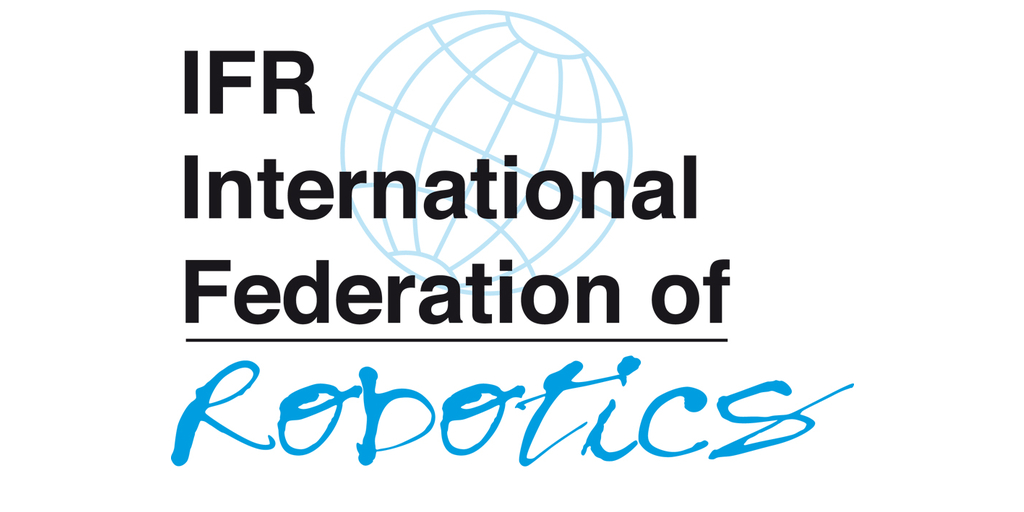AI-equipped Robots Help Logistics Industry to Fight Labor Shortages – IFR reports


FRANKFURT, Germany–(BUSINESS WIRE)–#IEEE—The global logistics industry serves as a backbone of international trade – representing about 10 percent of the world´s GDP. As demand has been skyrocketing, companies have already heavily invested in robotics and automation: sales of professional service robots for the transportation of goods or cargo grew by 44% year-on-year (2021-2022). Yet, severe labor shortages are threatening to hamper future growth in the logistics industry worldwide. A new generation of AI-enabled robots helps to tackle these challenges – The International Federation of Robotics reports.
“Shortage of truck drivers, warehousing staff or dockworkers is a critical pressure on supply chain management worldwide,” says Marina Bill, President of the International Federation of Robotics. “By combining automation hardware with smart software, robot manufacturers deliver to the specific needs of the warehouse and logistics industry. AI-equipped robots offer tremendous new opportunities for this sector.”
AI-enabled robots
The main aim of using AI in robotics is to better manage variability and unpredictability: logistics providers deal with a mass market of cross-border shipping, e-commerce or last-mile delivery. This environment handles frequently changing products, orders and stock. To make machines capable of supporting such flexible workflows, AI software runs by experience, rather than programming. These AI-equipped robots learn to pick and pack different objects at high speed in a warehouse, use vision to transport items autonomously around the factory and provide AI-driven interfaces that turn a 90-minute maintenance task into a two-second adjustment.
Labor shortage
For many logistics companies, the time to further automate is now. The worldwide shortage of truck drivers is one of many reasons: according to the International Road Transport Union (IRU), there are currently over 3 million truck driver positions to be filled worldwide. With the huge demographic gap between young and old drivers growing, driver shortages are forecast to double by 2028.
“Robotics technology is a fit for various tasks within the logistics industry. While service robots work alongside human personnel creating more efficient workplaces, industrial robots help to automate dirty, dull and dangerous tasks behind fences. The combined power of a wide range of applications in robotics and automation will play a crucial role in addressing workforce gaps and allow future growth in this key industry,” says Marina Bill.
NEW REPORT “Next Generation Skills”: https://ifr.org/ifr-press-releases/news/next-generation-skills
About IFR
www.ifr.org
Contacts
IFR PRESS-OFFICE
Carsten Heer
E-Mail: press@ifr.org
Recent Posts
AIA Hong Kong continues to lead the insurance industry with 9 market No.1 in 2024
Number of New Business Policies tops the market for 11 consecutive years HONG KONG SAR…
Feng Wei Ju and 8½ Otto e Mezzo BOMBANA Garner Coveted Diamond Awards in Black Pearl Restaurant Guide 2025
MACAU SAR - Media OutReach Newswire - 25 April 2025 - 2025 Black Pearl Restaurant…
Creww and Real Madrid Next launch Batch 2 of “Real Madrid Next Accelerator for Asia”
TOKYO, JAPAN - Media OutReach Newswire - 25 April 2025 – Creww Inc. (Japan Office:…
Digital Storytelling: “Zhengzhou in Cultural Relics” Debuts with AR Reconstructions Global Premiere on International Day for Monuments and Sites
ZHENGZHOU, CHINA - Media OutReach Newswire - 25 April 2025 – On International Day for…
Chinese and foreign guests gather to talk about innovation and development of Museum in Liangzhu, Hangzhou
HANGZHOU, CHINA- Media OutReach Newswire - 25 April 2025 - From April 23 to 25,…
Hang Lung’s 65th Anniversary Celebrations Arrive at Shanghai Grand Gateway 66 and Plaza 66 Debut of “ButterBear” & Takashi Murakami’s Ohana Hatake Pop-up
Fuel double-digit growth in foot traffic and sale HONG KONG SAR and SHANGHAI, CHINA -…



